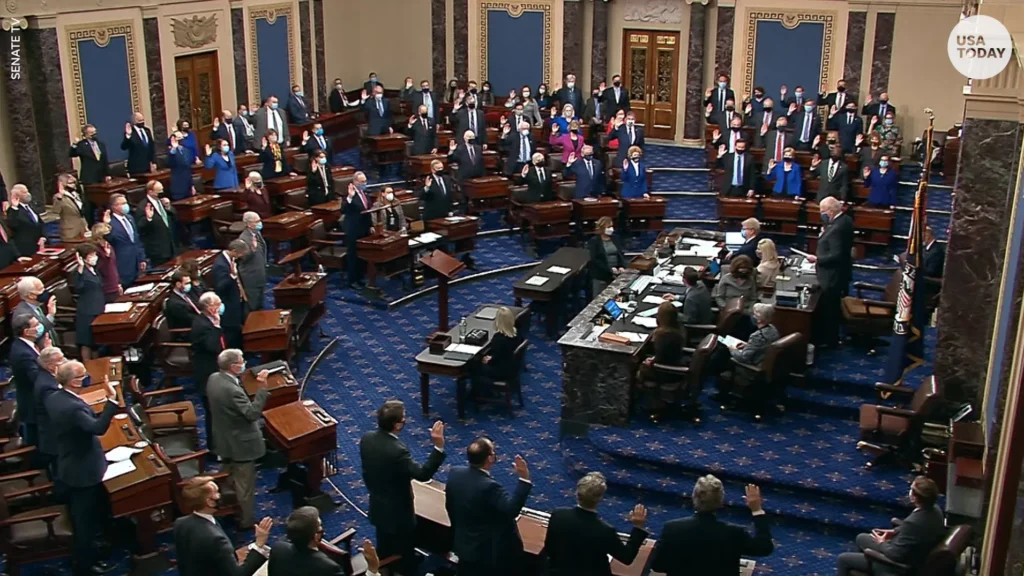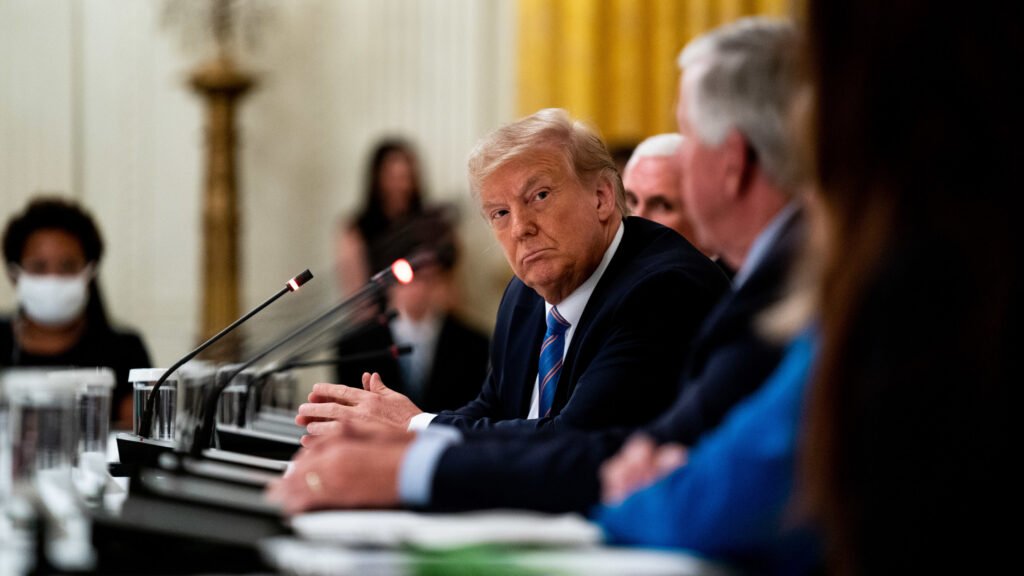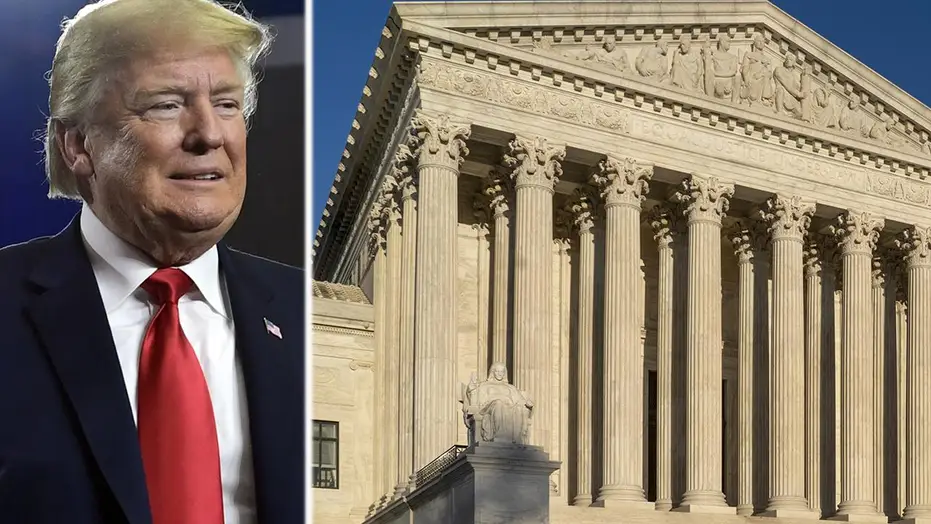a recent development, the Supreme Court is poised to address a critical question regarding the eligibility of Donald Trump to run for public office. The issue revolves around Section 3 of the 14th Amendment, which outlines eligibility requirements for individuals seeking public office. Notably, this provision has come under scrutiny due to conflicting decisions by state supreme courts across the country.
The debate centers on whether Trump, a controversial figure known for his divisive rhetoric and actions, should be disqualified from running for office based on his alleged role in the events of January 6th, commonly referred to as the Capitol insurrection. Walter Isaacson, a prominent commentator, has raised concerns about the potential disenfranchisement of Trump voters and the varied reasons that different segments of the population support him.

However, some legal experts argue that Section 3 of the 14th Amendment serves as a legitimate eligibility requirement, similar to other constitutional provisions such as the age and birthplace requirements. The argument is grounded in the belief that the Supreme Court must address conflicting interpretations of the U.S. Constitution, especially when state supreme courts have issued divergent rulings.
Former U.S. Attorney Joyce Vance emphasizes that eligibility requirements, including those outlined in the 14th Amendment, inherently limit democratic participation. She draws parallels with other eligibility criteria, such as the age and birthplace requirements, highlighting that these, too, restrict certain individuals from running for office.
The crux of the matter lies in whether the events of January 6th can be classified as an insurrection and, if so, whether Trump’s alleged involvement in inciting the violence disqualifies him from future electoral participation. This dilemma places the Supreme Court in a challenging position, as the decision may redefine the boundaries of what constitutes an insurrection in the United States.
One critical aspect of this debate involves the racial implications linked to the 14th Amendment, which originated in response to an insurrection over slavery. The recent defamation case victory by two individuals against Rudy Giuliani underscores the racial dimension, as certain states with significant Black populations are central to the legal discussions.
The Colorado Supreme Court’s decision to uphold Section 3 of the 14th Amendment is seen as a well-reasoned interpretation of the U.S. Constitution. Legal experts commend the court’s thorough analysis, which meticulously addresses each point of contention. The decision aligns with the court’s duty to uphold the Constitution, regardless of the political implications or the identity of the individual involved.

The broader implications of this ruling extend to other states grappling with similar questions. Minnesota, for instance, faced a comparable situation but opted to permit Trump to remain on the ballot. The ripple effect of such decisions raises questions about the consistency of eligibility requirements across states and the potential consequences of allowing individuals with alleged ties to insurrection to participate in the democratic process.
The intersection of law and politics becomes evident as the Supreme Court grapples with the Trump eligibility question. The decision, once made, will set a precedent that could shape future cases involving individuals accused of inciting or participating in insurrectionary activities.
As the legal proceedings unfold, the nation awaits a resolution to this complex and politically charged issue. The Supreme Court’s decision will undoubtedly have far-reaching consequences, impacting not only the eligibility of Donald Trump but also influencing the broader conversation about the boundaries of democratic participation and the consequences for those accused of instigating insurrection.
In conclusion, the Supreme Court faces a momentous decision that goes beyond the individual in question, delving into the heart of constitutional interpretation and the delicate balance between eligibility requirements and democratic principles. The outcome will shape the future landscape of American politics and set precedents for how the nation addresses instances of alleged insurrectionary behavior by public figures.
